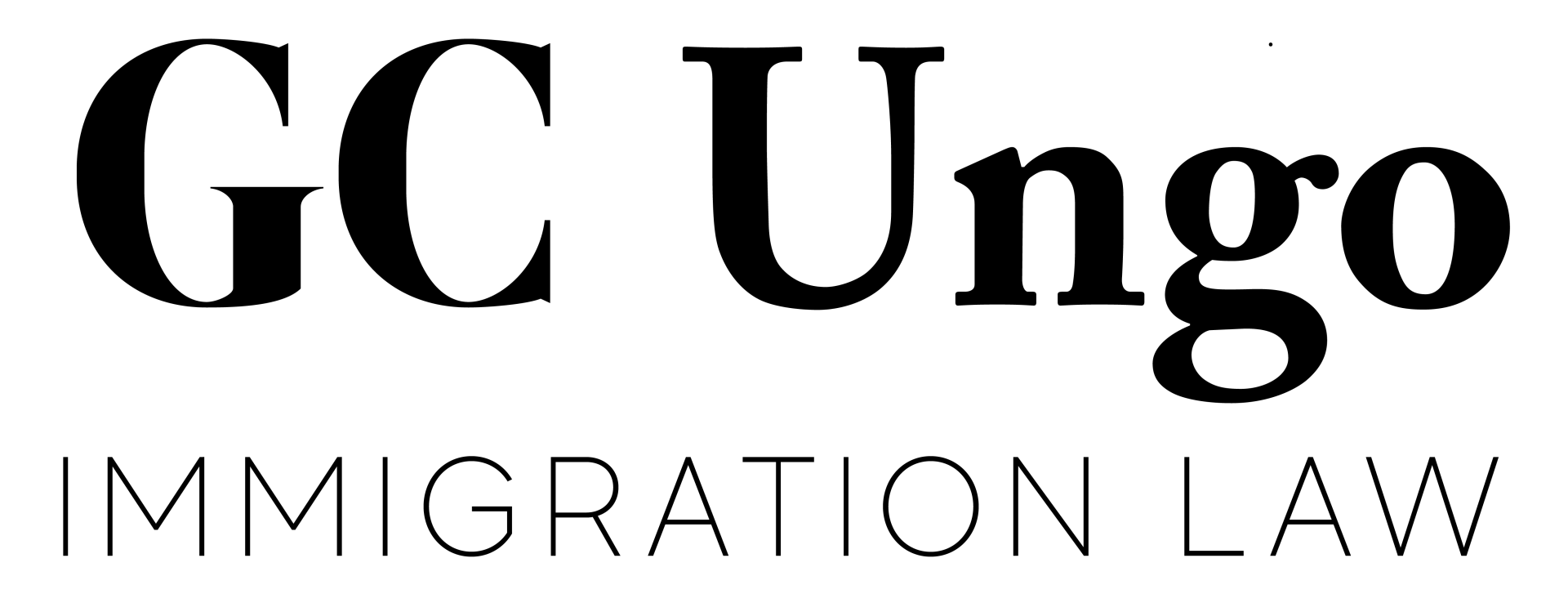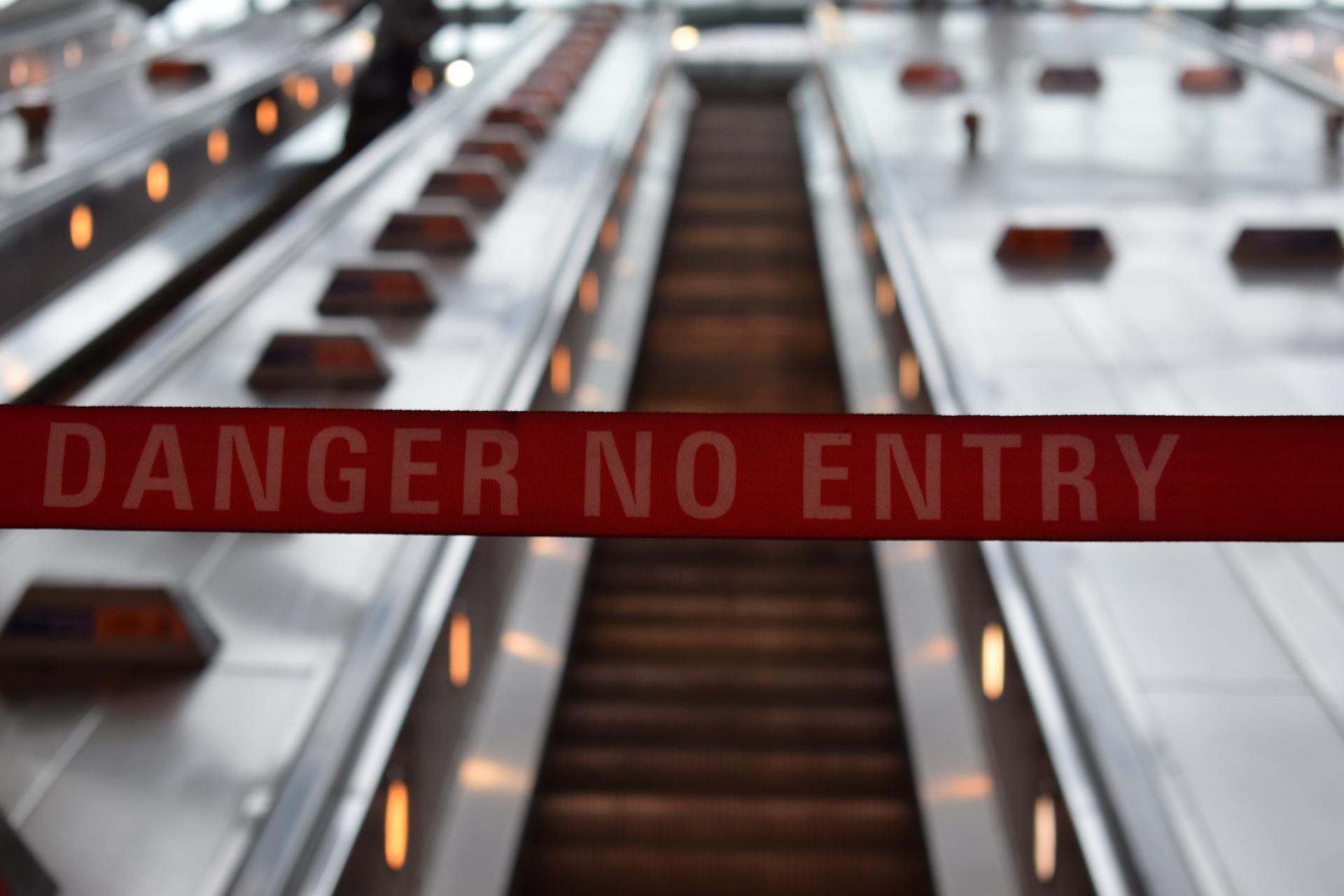Class Action Filed Against USCIS for Extreme Processing Delays on I-601 Waivers
On February 23, 2023, a group of immigrants filed a federal class action lawsuit against U.S. Citizenship and Immigration Services (USCIS), challenging bureaucratic bottlenecks that have left them in a multi-year limbo
On January 23, 2023, 248 people including one of our clients, filed a federal class action lawsuit against U.S. Citizenship and Immigration Services (USCIS), challenging bureaucratic harmful and unreasonable delays in processing (I-601A) unlawful presence waivers.
USCIS is currently taking almost 3 years to process these applications, up from 4.5 months in FY2018.
Background
A U.S. Citizen or Lawful Permanent Resident wishing sponsor an immigrant visa (green card) for his/her spouse has to file a Petition for Alien Relative ("immigrant petition"). If the foreign relative entered the United States without being inspected at the border, the foreign applicant may file an I-601A, Provisional Waiver Application. USCIS has already approved the immigrant petitions for the plaintiffs of this class action lawsuit, but plaintiffs and their families cannot move forward until USCIS processes the waiver applications plaintiffs filed at least 12 months ago.
What happens next?
Once these I-601A waiver applications are adjudicated and approved, plaintiffs can move forward with the process. Plaintiffs then have to an Application for Immigrant Visa and supporting documents before the National Visa Center, and that stage is complete, they depart for a personal interview at a U.S. embassy or consulate abroad. Finally, they are admitted to the United States on the immigrant visa (green card). However, if plaintiffs leave the United States before USCIS approves their waiver application, they would be separated from their families potentially for years. They cannot proceed with their immigrant visa applications while the waiver application remains pending.
For applications filed in the future, the lawsuit asks USCIS to decide the waiver application within six months from the date the application is filed.










